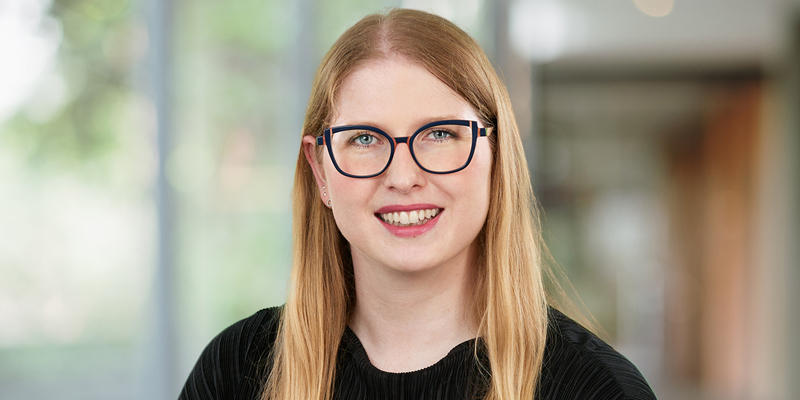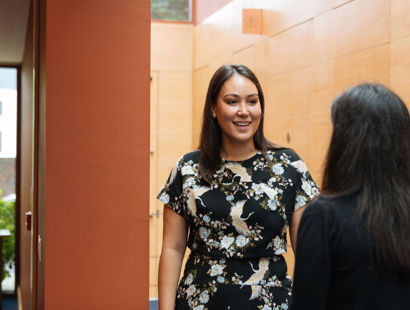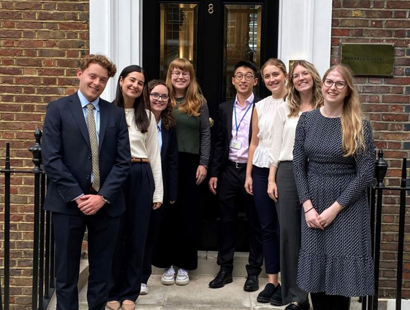
Swapping the lab for law—my journey to becoming a trainee solicitor at Russell-Cooke
In this blog, Hannah Hayler shares what motivated her to leap from the laboratory into the legal profession and offers advice to those contemplating a move into law.
Changing careers is no small feat – especially when it means stepping away from the familiar and into the unknown. It can feel daunting switching from a profession you’ve mastered, but the rewards can be significant.
Life in the lab
I spent eight years studying Chemistry, four years completing my Master’s degree and another four years pursuing a PhD. My doctoral research focussed on battery technology, exploring ways to improve performance and efficiency. While much of my time was dedicated to lab work, I also gained experience in teaching and publishing academic articles. Throughout the process, I developed a range of transferrable skills such as critical thinking, problem solving and resilience – skills that have proven invaluable beyond the lab.
What sparked my move into law
Early on in my PhD, I realised that academia wasn’t for me. I wanted a career with greater structure and security, so by my second year, I started exploring alternative options. I considered various chemistry-related routes: teaching, industry roles and patent attorney work but they didn't capture my interest.
Reflecting on what I wanted from my career, I realised I wanted to make a direct, meaningful impact by working on practical problems that help people. Whilst scientific research does have real-world benefits, the connection often feels distant. Around my third year, I began seriously exploring law after speaking with a few solicitors I knew.
With support from my university career’s department, I applied for vacation schemes and experience days. Russell-Cooke quickly became my top choice, thanks to its strong commitment to work-life balance and its welcoming culture for career changers. I was fortunate to secure a place on the Russell-Cooke vacation scheme during the final year of my PhD. During the scheme, a conversation with a partner who had transitioned from a biology PhD to law was especially encouraging – it proved that such a career switch was possible.
That experience ultimately led to my offer of a training contract. After completing my PhD, I undertook the PgDL and SQE assessments before beginning my training contract in September 2024.
Reflections and advice
Changing careers is not a disadvantage – in fact, it can be a powerful asset. As someone who transitioned into law from a different field, I’ve found that the skills developed during my PhD have proven invaluable. From attention to detail and analytical problem-solving to clear, effective communication, these are all essential qualities in legal practice. I was particularly struck by how transferable my academic writing skills were; just like in scientific research, legal writing demands precision, clarity and conciseness. If you’re considering a move into law, take stock of the diverse skills you’ve gained throughout your career – you may be surprised how well they align with the demands of legal work.
For anyone thinking about a career change into law, I recommend reflecting on three key questions:
- Why law?
- Why are you making this career change?
- What transferable skills have you gained so far?
Taking the time to answer these will not only help you articulate your motivations clearly, but also demonstrate to future employers how your background adds real value to a legal career.
Hannah Hayler is currently a second-seat trainee in restructuring and insolvency.
Get in touch
If you have any questions please look at our FAQs. If these do not answer your query, please email us or call on +44 (0)20 3826 7550.




